Where Do You Get Your Information?
Much has been written lately about the segmentation of media. People have more choices than ever about where to get their news: besides the traditional outlets of TV and newspapers, consumers can now view blogs, web sites, social media, podcasts, and more. And as the options grow, people are increasingly choosing information that matches their own belief system. There is a comfort in consuming information that feels “right” to us.
Experts call this phenomenon “confirmation bias”: the selective consumption of information that confirms our already firmly-held beliefs and rejection of information that conflicts. While we may get input from multiple sources with various points of view, we will typically pay attention to and remember the data that we instinctively agree with.
We see this phenomenon happen with our natural personalities as well. According to personality theory, we all take in information using both our sensing and intuitive functions, but we prefer one over the other.
Those who prefer sensing tend to pay more attention to tangible, physical data. They like information that is useful, practical, and tried and true. These sensors tend to trust their past experience because it is real, and they focus on what is happening in the present moment. They like linear processes along with details and hard data that can be verified.
Intuitives, on the other hand, focus on the theoretical. They look for patterns in the data and read between the lines. They trust their gut about future possibilities because they tend to look at the big picture and try to find meaning in all that information out there. They like metaphors and symbols and aren’t very systematic in the way they process information.
So while both people who prefer sensing and those who prefer intuition are exposed to information from multiple sources, they instinctively focus on the data that matches their preference. And sometimes they ignore the type of intelligence that conflicts with that preference. Intuitives may find details boring and pointless, and sensors may not trust their instincts because they feel like they don’t have enough data to back them up.
But just like those who choose to get their information from sources with a bias they prefer, everyone needs to get their knowledge from a variety of sources and remain open minded to messages that may not feel comfortable at first. If sensors never look at the big picture, they run the risk of getting stuck in a rut of minutiae and analysis paralysis. And if intuitives ignore the details and specifics, they are likely to miss important data that can better inform their big-picture view.
So think about your natural biases – what types of information do you prefer? Are there areas where you can open yourself up to new ideas and information? If you do, you may find that you are able to get a much more complete and accurate picture of the world. (And that’s not fake news).
Watch this video to see the stark contrast between how sensors and intuitives view something subjective like art:

